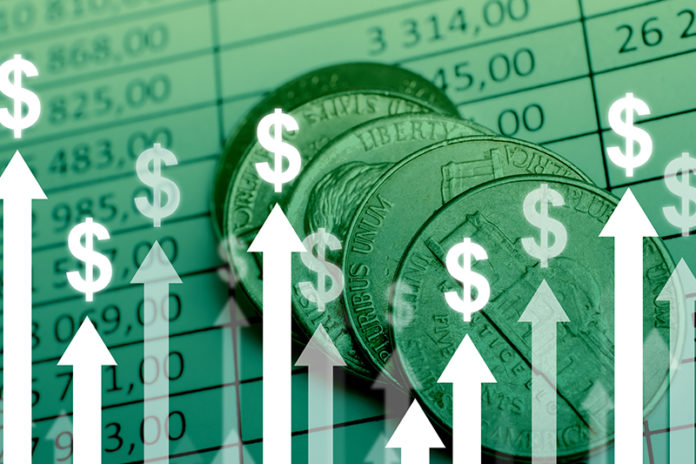The American two-party political system exists to ensure that for any problem that emerges, there are at least two solutions that are just plain wrong. That is the sad case with inflation, where the most notable responses span the spectrum from useless to harmful.
Start with the harmful proposals, which involve trying to dictate what sellers can charge for their wares. Sen. Elizabeth Warren, D-Mass., has introduced a bill to outlaw excessive prices “during all abnormal market disruptions.” Among her targets are oil companies and meat suppliers, which she vilifies for “reporting record profits and using inflation as cover to pad their bottom line.” On Thursday, House Democrats approved a bill giving the president the power to ban “unconscionably excessive” prices for gasoline and home fuel.
It should come as no surprise that when the world price of oil soars, as it has this year, corporations that own, produce and sell it make more money than when prices are not rising. Just two years ago, oil companies sustained record losses when the pandemic caused sales to plummet.
Meat prices have also climbed, which is what you would expect given recent market conditions. During the pandemic, ranchers reduced the size of their beef cattle herds. But consumer demand for beef has risen. Tyson Foods CEO Donnie King is stating a simple fact when he says, “Customer demand continues to outpace our ability to supply product.”
That combination affects many products right now, because consumers have jobs and money to spend, even as the pandemic and the war in Ukraine disrupt supply chains.
New Jersey’s Democratic Gov. Phil Murphy followed Warren’s lead by decreeing that retailers may not sell baby formula for more than 10% more than their cost. But limits on prices will make baby formula even harder for parents to find.
Big price increases, though painful, serve an important purpose: matching demand with supply. When prices are held down by government mandate, people will want to buy more than suppliers can provide — which leads to shortages.
Most parents would probably rather be able to get some formula at a high price than to get none at a lower price. Higher prices typically increase supply by spurring manufacturers to boost production — and dampen demand by discouraging consumers from hoarding.
Inflation is not the product of a bunch of big corporations suddenly getting greedy and deciding to “pad their bottom lines.” They are always greedy and always eager to pad their bottom lines. It’s the result of monetary and fiscal policy, which in the past year have stimulated consumers to spend more even as various factors limit the availability of the things they want to buy.
Republicans have the virtue of understanding this basic reality. Senate Minority Leader Mitch McConnell said in March, “This is exactly what Republicans said would happen when Democrats dumped trillions of dollars into printing and spending on a partisan basis last year.” But “I told you so” is not a solution.
McConnell and Co. do demand cuts in spending to combat inflation. But last year’s fiscal stimulus is history, and the federal deficit has been shrinking. This year, it’s down about 80% from last year. Republicans are demanding that Biden provide something that is already an accomplished fact.
The GOP rightly puts some of the blame on Federal Reserve Chairman Jerome Powell for his past expansive monetary policies. Thirteen Republican senators voted against giving him a second term.
But the easy-money charge stands as a monument to hypocrisy: When Powell nudged interest rates up a bit in 2018 to head off inflation, Donald Trump said the shift was “ridiculous.” In 2019, when Powell cut interest rates, Trump was furious that he didn’t cut them to zero.
The preoccupation with excessive spending likewise contradicts the GOP stance under Trump, when federal spending grew faster early in his term than it had under Barack Obama — before quadrupling in 2020.
Sen. Rick Scott of Florida recently unveiled a “Rescue America” plan that includes the promise to “begin paying down debt.” Great idea, but it’s about as likely as Scott winning an Olympic gold in rhythmic gymnastics.
The GOP has a strict policy of caring about deficits only when a Democrat occupies the White House. Under Trump, congressional Republicans happily passed a big tax cut with cheerful indifference to the red ink it would generate.
Rising prices are one of those problems that politicians can’t do much about in the short run, which is not something they like to admit. Lately, just about everything is more expensive and harder to get. But fraudulent cures for inflation are still cheap and abundant.































